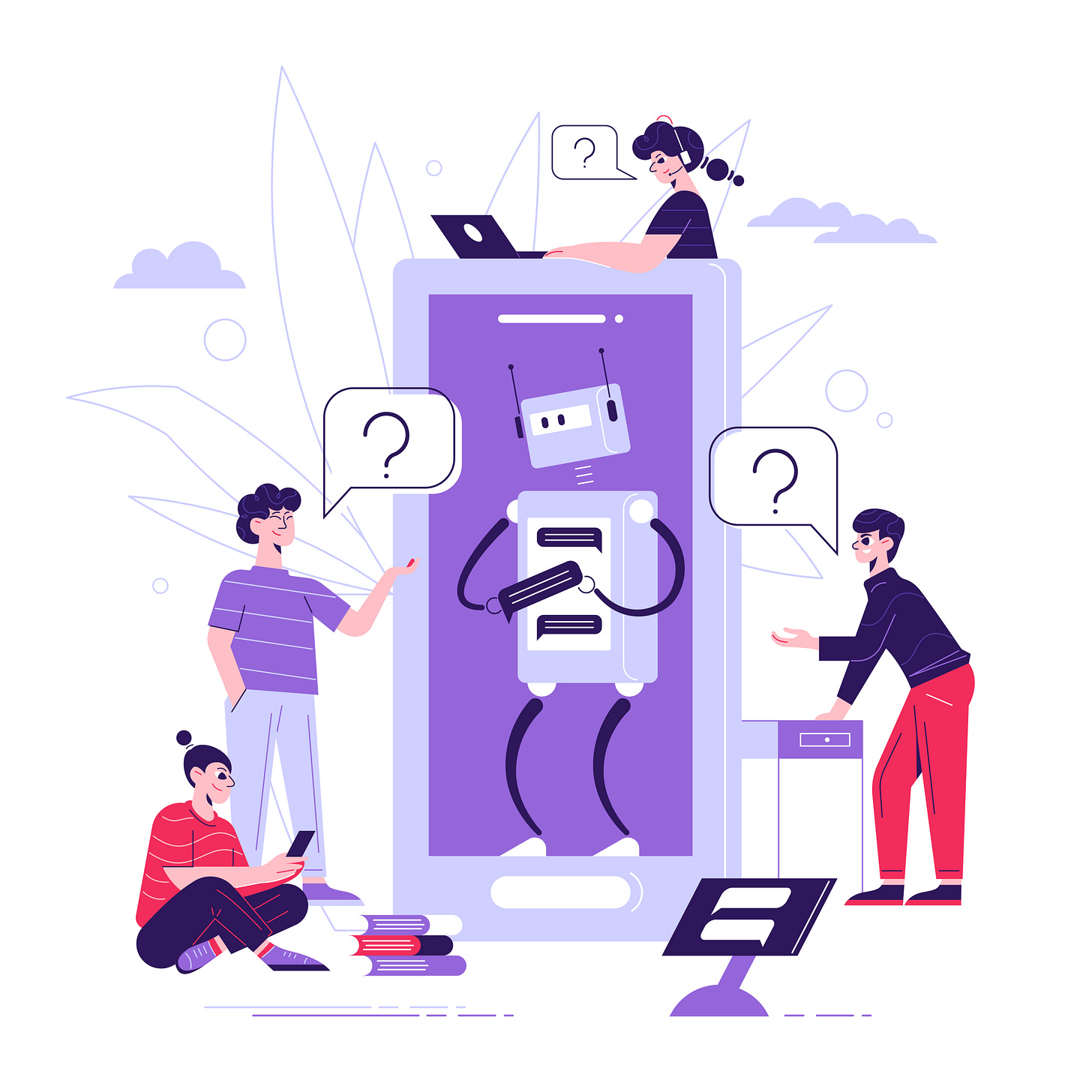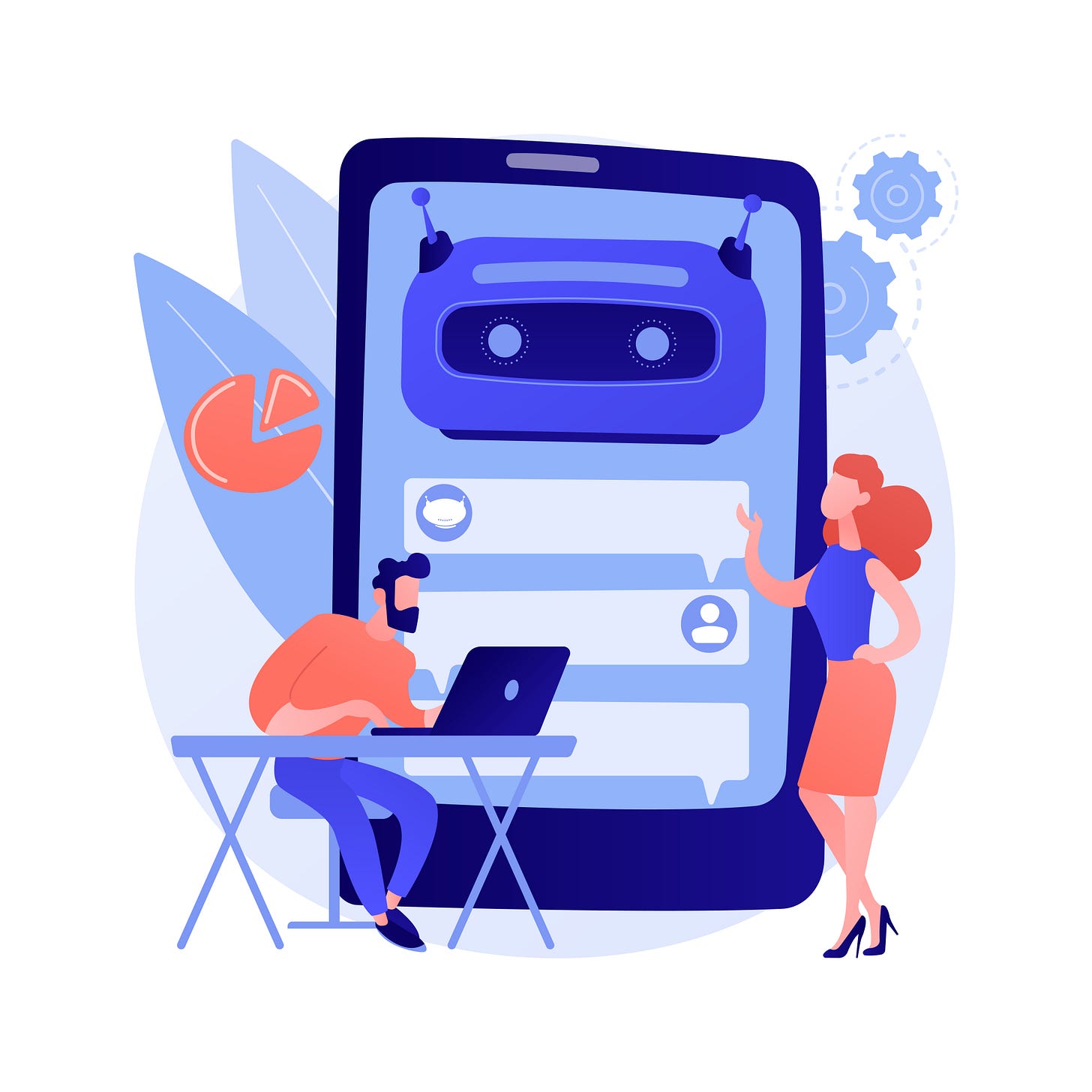Why AI Trust, Safety, and Privacy Matter: Using Large Language Models Wisely
Building AI Trust: How Safety, Privacy, and Ethics Shape Responsible AI Use
"Hey ChatGPT, help me write an email to my boss!" Sound familiar? Or maybe you've asked Claude to help plan your weekly budget, complete with your actual income numbers. We're all getting cozy with AI chatbots these days - they're like having a super-smart friend at our fingertips. But before you share your next work drama or bank balance with your AI buddy, let's talk about something important: AI trust and safety.
AI-powered tools, especially large language models (LLMs) like ChatGPT, are changing the way we work, communicate, and problem-solve. They’re fast, clever, and capable of answering questions on everything from dinner recipes to historical trivia. But as we welcome these digital assistants into our daily lives, we also need to pause and think: how much do we trust them, and how safe is that trust?
Let’s break it down into three key areas where trust and safety play a major role: personal privacy, misinformation, and ethical considerations.
Personal Privacy: What Happens in the Chatbox Doesn’t Always Stay There
Large language models thrive on data. The more information they're fed, the better they get at generating human-like responses. But here's the catch: when you share personal details, those details might not stay private. Even if the AI itself isn't storing your information, the platforms hosting these models might. It's a bit like having a conversation in public - you never know who might be listening.
Think of these AI tools like that one friend who’s fantastic at giving advice but not so great at keeping secrets. If you wouldn’t blurt out your credit card number at a crowded coffee shop, it’s probably best to avoid sharing it in an AI chatbox, too.
The Risk: Unintentionally revealing sensitive information can lead to identity theft, phishing attacks, or other malicious activities.
A Real-World Example: Imagine you're brainstorming a job search with an AI and share details about your current workplace frustrations, salary, and boss's management style. While the AI itself might seem private, this data could be used to train future AI models, reviewed by AI companies' employees, or potentially accessed through data breaches. What seems like a private conversation with an AI could end up being much more public than intended – kind of like writing your frustrations in a diary, only to find out the diary is being kept in a shared folder.
The Takeaway: Trust your AI, but don’t really trust it. Treat it like a very friendly acquaintance, not a confidant.
Misinformation: Don’t Believe Everything It Says
AIs have read a lot—basically the entire internet (or a good chunk of it). But they don’t have the ability to fact-check in real time. Sometimes, they create responses that are plausible but completely wrong. This phenomenon is called “hallucination,” and no, it’s not as whimsical as it sounds.
If AIs had resumes, their hobbies might include “creative storytelling” and “making up convincing facts.” They’re great for brainstorming or generating ideas but not reliable sources for critical information.
The Risk: Blindly trusting AI for medical advice, legal interpretations, or any high-stakes decision-making can lead to serious consequences.
A Real-World Example: A small business owner once used an AI to help write product descriptions for their online store, including ingredient lists for food items. The AI confidently listed ingredients that weren't actually in the products, which could have led to serious allergic reactions if customers relied on that information. While this owner caught the error before publishing, others might not be so lucky. It's like having a very confident friend who sometimes makes up facts to sound knowledgeable – amusing when they're wrong about movie trivia, dangerous when they're wrong about health information.
The Takeaway: Think of AI as your talented apprentice, not your replacement. Just like a head chef reviews their sous chef's work, you're still responsible for fact-checking and verifying AI-generated content. The power of AI is in collaboration, not delegation.
AI Ethical Considerations: Beyond Your Bubble
What we feed AI models matters. These tools learn from the internet, which is a treasure trove of knowledge but also full of biases, stereotypes, and harmful content. As a result, AI can accidentally repeat and amplify unfair treatment that already exists.
Teaching an LLM to "talk" is a bit like training a parrot—except the parrot has read every comment thread ever. And not all of those threads are pretty. Without careful oversight, AI outputs can copy and strengthen these biases.
The Risk: Answers that spread unfair assumptions, false information, or leave out certain groups of people.
A Real-World Example: Imagine asking an AI for career advice, and it consistently suggests high-tech roles to male users but administrative roles to female users. Or picture it recommending different medical treatments based on assumptions about someone's background rather than their actual symptoms. These aren't hypothetical situations - they've happened because AIs learn from internet data that includes human biases. It's like learning about the world only from outdated textbooks - you might miss out on how things have changed and evolved.
The Takeaway: Remember that AI is only as good as the data and ethics behind it. Use it thoughtfully, and keep the bigger picture in mind.
Other Significant Considerations
Let's talk about two other big pieces of the AI trust puzzle: transparency and accountability.
When it comes to transparency, it's worth asking yourself: do you really understand how your AI works, or are you trusting it blindly? Just like you'd want to know what's in your food, understanding how AI uses your data and what its limitations are builds genuine trust.
Then there's accountability - the thorny question of who's responsible when AI gets it wrong. Spoiler alert: it's not the bot. While developers and platforms need to ensure their tools are reliable, you're still the one making decisions based on AI output. If AI messes up your vacation plans, you can't exactly take it to small claims court. But you can choose to work with AI companies that have a good track record of keeping their users safe and their AI reliable.
Conclusion: Trust Responsibly
AI is here to stay, and it's amazing at making our lives easier. But like any powerful tool, it needs to be used with care. Think of your AI like a helpful neighbor: great at giving advice, but you wouldn't necessarily hand them your house keys. By understanding the risks—and remembering to trust responsibly—you can enjoy all the benefits AI offers while avoiding unnecessary pitfalls.
Next time you chat with an AI, ask yourself: Am I being smart about this interaction? Because the smartest AI user is a safe one.




